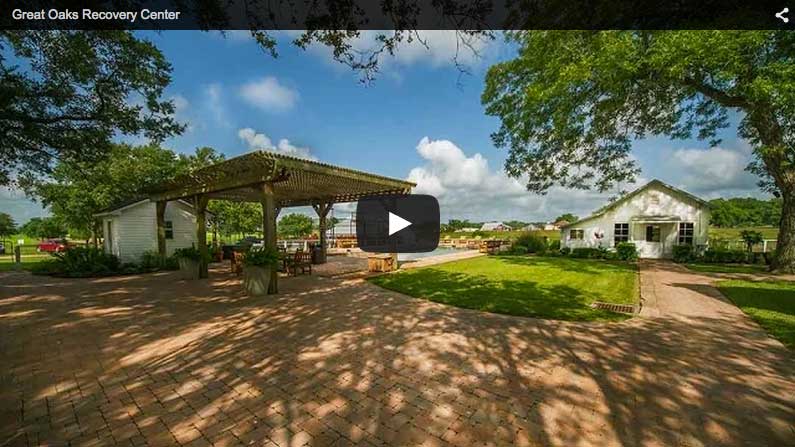Now that you’re in recovery, do you have to tell your relatives about it?

Do you tell some of your extended family and keep the details about it private from others? If you do decide to share this information, how much do you reveal to your family members? Let’s see if we can unravel this in a way that makes some sense.
Recovery Is a Health Matter
Most researchers agree that addiction is a disease. This means that your recovery falls under the umbrella of your healthcare and treatment. You aren’t obligated to tell anyone other than your healthcare providers that you’re in recovery.
However, we also know that people who have the support of family and friends do better in recovery than those people who are isolated. This means you have a decision to make. What will you share with your relatives about your recovery?
No Obligation to Share Any Information
Even though your relatives may be curious about the details of your treatment and recovery, you don’t have to share anything about it with anyone. If the subject makes you uncomfortable or you don’t feel that the person who is asking questions would be supportive, you can simply tell them that you would prefer to keep it private or that it’s too soon to discuss it.
Either of these responses should discourage most people from enquiring further. If they do, just repeat what you’ve already said. No further explanation is needed.
Deciding to Tell Relatives About Your Recovery
It’s difficult to make the decision to share information about your recovery. Some people won’t respond well, but some will surprise you with their kindness and warmth. If you never let anyone in, you don’t give them the chance to offer their support.
• Keep the Explanation Simple
You don’t owe anyone a lengthy explanation. If you prefer a brief account, especially for relatives that you aren’t all that close to or that you don’t see very often, you can stick to a couple of sentences. Simply say that you have an issue with drug or alcohol addiction and you’ve sought treatment.
• Don’t Try to Anticipate Someone Else’s Reaction
It’s impossible to tell how someone else will respond to the news about your recovery. There may be some relatives who will be very pleased and supportive, while others will not “get” that your lifestyle has had to change.
In the latter instance, you will need to remind yourself that you can’t associate with people who remind you of your old lifestyle. It’s too great of a risk for a craving that could set you up for a slip or a full-blown relapse.
• Listen Carefully to the Response
Family members may have a number of different feelings about your news. They may be very happy that you are in recovery. At the same time, your relative may feel hurt or angry that you “took so long” to seek help and wish that you had taken this step sooner.
It’s not wrong or bad for them to feel that way. If your relative expresses a sentiment like this, you can acknowledge how they feel, while reminding them that no one can ever turn back the clock. The only thing we can do is live in the present. Explain that you are committed to working on your sobriety, one day at a time.
• Ask for Specific Help from Supporters
When someone indicates they are supportive and want to help, give them specific suggestions. Often, people want to be helpful, but don’t know what you need. You could ask family members to:
- Telephone/IM on a specific day/time
- Arrange to meet for coffee at regular intervals
- Have a family game night (set a date)
Spending time with family members is a good way to combat boredom and establish positive relationships with relatives who may have dropped off your radar for some time.
Great Oaks Recovery Center offers a full range of treatment for substance abuse, from detoxification to residential treatment, family programs, and continuing care. If you are looking for high-quality, individualized care for yourself or a loved one, contact us today.


